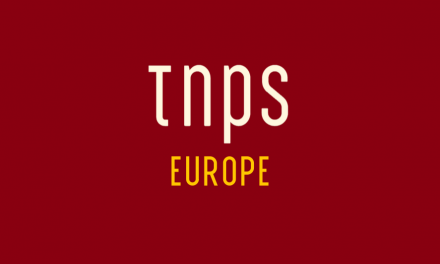Many countries have government ministers who juggle the improbable twin balls of sports and culture in their departmental portfolio, but it’s rare the two come together in any meaningful way.
But that’s literally what is happening in Rwanda, where the Minister of Sports and Culture, Julienne Uwacu, believes any platform where people converge should be used to rally for the development of the reading culture.
Speaking at the Kigali Car Free Day, a mass sport gathering that is held in the capital once every month, Uwacu said,
We have a big number of children turning up for sports and on the other side we have book exhibition around the venue where children can read different books. Platforms like this should be an opportunity to mobilize people to adopt the reading culture.
This is the only way we can realize the knowledge-based economy we are striving for. Parents should encourage children to read and make a book one of the child’s priorities. Let’s start it in our families, then in schools. Bringing books to different public places like this can boost reading culture among the young generation and can influence them to keep reading wherever they are.
Uwaca called for more community libraries around the country and urged publishers to produce more books that would entice both young and old to read.
Of course that’s easier said than done, but the Rwandan government has been active in supporting literacy campaigns, the best know of which is the Gira igitabo aho uri, a partnership between the government, the publishing house Arise Education, and Mureke Dusome, launched in November.
The year long campaign, explained Rwanda’s New Times,
seeks to mobilize the community, leaders, private sector, employers and employees to recognize the importance of books, especially those based on culture, as a source of information, a platform for excellence in academics and career, and a pleasurable activity,
and reported that,
Close to 1000 reading clubs have been set up through the project to further foster the reading culture in rural communities while, by September this year, 2500 more reading clubs will have been added to cover at least every school community.
At the launch in November books were, for example, made available on public buses.
While the Gira igitabo aho uri campaign is aimed at children, the broader aim is to get more adults reading too.
I find it noteworthy that, in these debates in Rwanda about encouraging reading, so little thought is being given to online reading and ebooks.
It’s almost two years since Rwanda’s bold project launched to provide free 4G internet connections on the capital’s 400 buses, as part of Kigali smart-city ambitions.
While that didn’t go completely to plan it’s a clear indication that Rwanda is no internet backwater, despite being a landlocked country in central east Africa, best known for its mountain gorillas.
With a population of just 12 million and internet penetration of about 30%, Rwanda is unlikely to attract the interest of any of the Big 5 ebook retailers, but could be a lucrative investment for smaller and more nimble players in the next decade.





